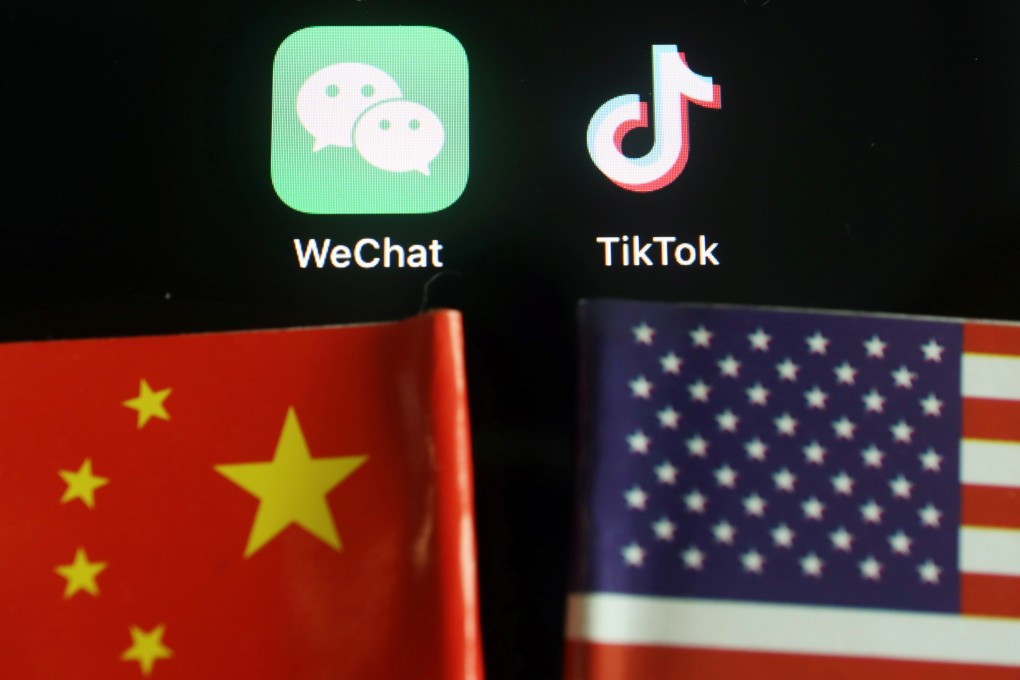Editorial | Donald Trump’s version of ‘Great Firewall’ hurts American firms, too
- US president’s actions against Chinese tech companies are not just misguided but also self-defeating

The lengths to which United States President Donald Trump is willing to go to exclude Chinese technology from global markets seemingly knows no bounds. His administration has already slapped Huawei and other leading hi-tech firms with bans and encouraged overseas allies to follow suit.
With success apparently perceived as having been achieved, it has moved on to cyberspace, telling firms they have 45 days to sever links with the popular apps TikTok and WeChat.
The misguided belief is that Beijing controls all and the nation’s firms and their products are therefore a national security threat; the reality is that the allegation has never been proven and that as with so much of policy towards China, it would seem more about isolating, containing and destroying.
Neither app would seem a threat; TikTok is for sharing short-form videos and is awash with images of people lip-synching to songs or doing everyday activities, while WeChat is a rival to the messaging system WhatsApp.

Trump officials allege that all Chinese technology firms are required by Beijing to share data and are passing on personal information of users for spying. The parent companies, Tiktok’s ByteDance and WeChat’s Tencent, have, like Huawei and other companies targeted, denied that is the case.
